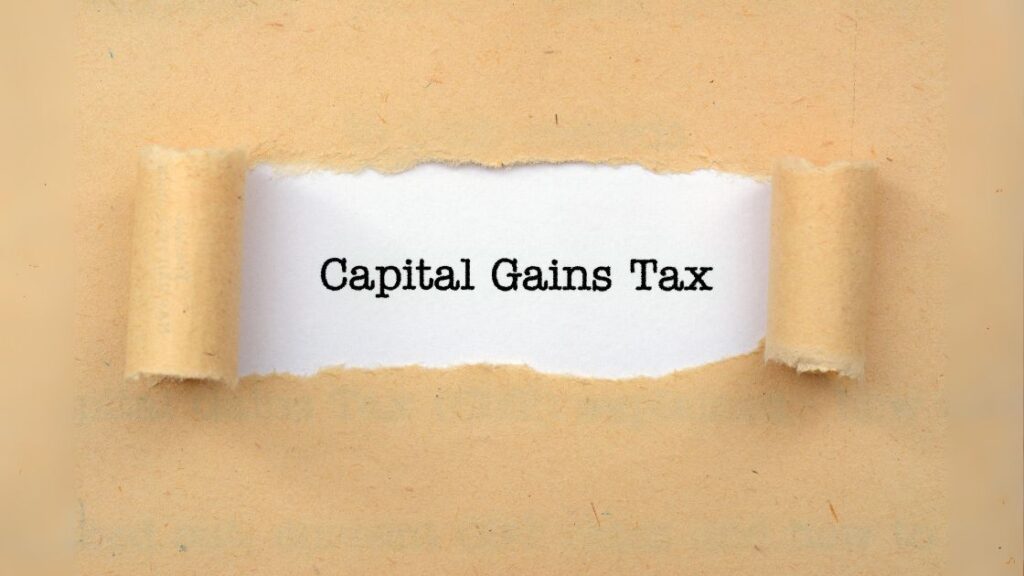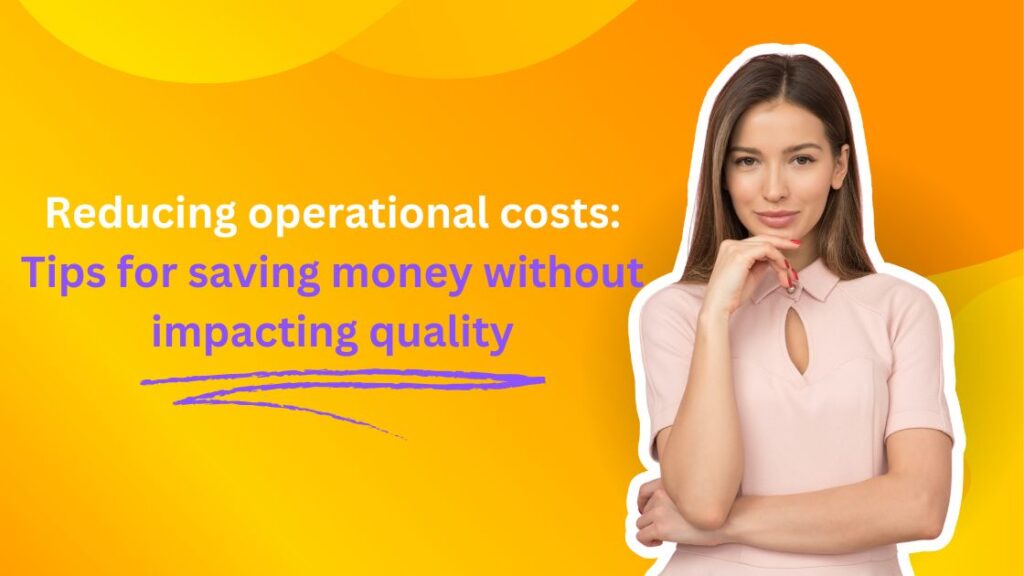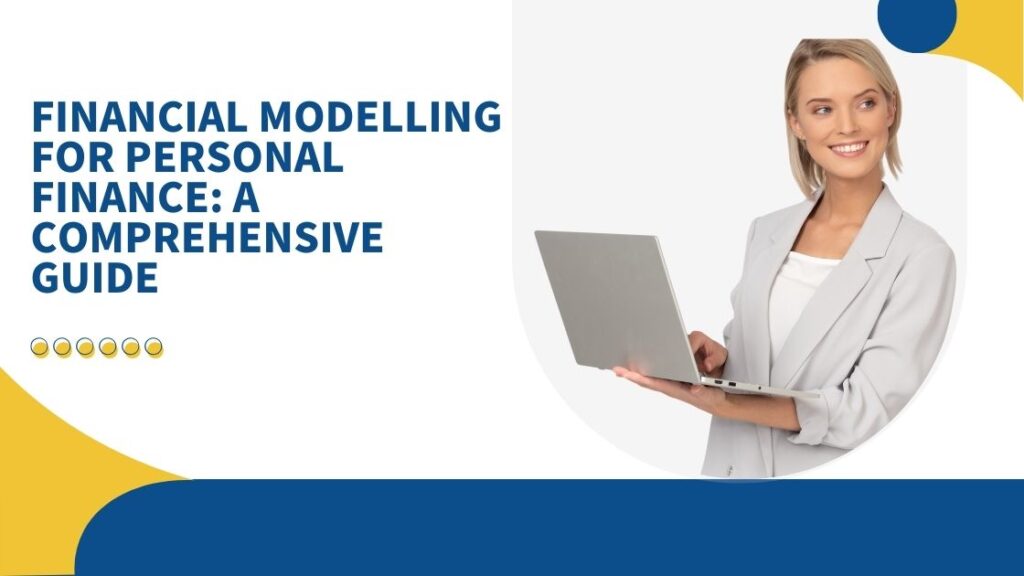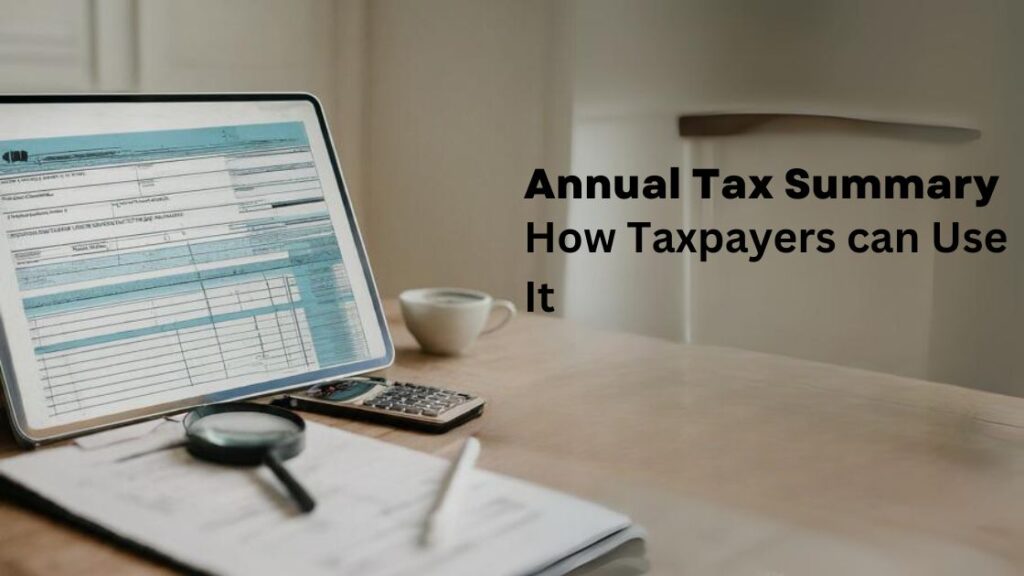People usually link the word retirement with age and that is where most people suffer, retirement is actually the stage when you have enough capital to do whatever you want for the remaining part of your life. The word retirement should be understood as a desired state of your life where you have actually achieved financial freedom which means you are secured financially for the remaining part of your life. It should be understood as the point where you have enough recurring returns from your savings and investments that you do not have worry about money for the remaining part of life. Retirement age can be different for different people depending on how much they are willing to save for it and how early in life they make this decision.
A basic know how about various pensions schemes like state pensions, workplace pension, personal pension and self-invested pension helps in deciding where you should put your money to plan your retirement.
State Pension:
State pension as the name implies is a pension plan given by government. People require at least contribution of 10 years towards National Insurance to be eligible to get a pension while the contribution time of 35 years is the requirement to get a full state pension. Present age for pension is 66 years, however there are talks to increase it to 67 in future. Online facility is also available for the people to check and estimate the amount they are entitled to along with the plan in which they are enrolled.
Workplace Pensions:
As the name suggests these are the pension plans where you are automatically enrolled in a pension plan by your employer and you start contributing towards your pension with each pay check. These pension plans do help employees as the employer also contributes towards the amount of your pension. Tax benefits are an add on along with the employer contribution. People enrolled in the workplace pension plans have an advantage of investment funds where your contributions are invested so that employees’ contributions can grow till retirement.
Personal Pensions:
In simple words these are basically the pension schemes in which people enrol themselves as per their needs like contribution per month, investment choices and age at which you want to retire. These are usually provided by the financial institutions and can be tailored according to requirement of the customer. Along with the ability to be customized these plans do provide tax relief as well up to a certain level of contribution. People who want an early retirement prefer as they can increase the contribution level and also opt for the investment choices given by the provider to maximize the returns on their contributions at the age of retirement.
Self-Invested Personal Pensions (SIPPs):
These are just a type of personal pension that provides customers with a wider range of options for investing the contribution in stocks, bonds, mutual funds and real estate etc. in order to maximize the growth potential of the contribution made by the customers. These are again best suited for the people looking to take more control of their contributions and want to increase the growth of their contributions. However, there is a risk associated with these pension plans as the contributions are invested in various investment products, hence a proper monitoring and management is required for these funds.
Considerations for Pension Planning:
Contribution Levels: It is simple you will get the amount of money accumulated according to what you have contributed towards your pension plan. Hence it is very important to contribute a decent amount in order to increase your retirement savings. An employer’s pension plan is recommended in order to get the benefit of employer’s contribution and tax savings.
Investment Strategy: If you are opting for personal and self-invested plans for pension needs you need to have a strategy about investing your contribution as it is your hard-earned money and you will be depending on the returns after your retirement. Therefore, a proper analysis is required to mitigate the risk, to diversify your investments and to decide and change the contribution as per your retirement goals.
Retirement Age and Options: The effectiveness of pension plan depends on how much clear you are about your retirement age and how want to receive the pension payouts like annuities, drawdown or total withdrawals. If you are unsure these facts taking professional help will surely help you a lot in making this decision based on your current situation.
Review and Adjustment: Your pension planning must be agile which means it should be able to accommodate changes in the market and economic conditions, it must also take inflation factor in to consideration as well. Reviewing your retirement strategy and adjusting it as per changing financial conditions is the key to achieve your goals early. Let us take an example here if you think that your income is going to increase substantially you must increase in few years contribution towards your retirement fund and if one of your investments are not working as expected you must consider diversifying by putting the fund somewhere else. This habit of monitoring and making adjustments can prove really effective in achieving your retirement goals much earlier than planned.
No one wants to work in their late fifties or in sixties, but the cold hard fact is a very small percentage of working people is able to achieve the financial freedom early to gift themselves an early retirement. Every working professional must have a strategy to work efficiently and invest effectively so that they can achieve a state early in their life where they are working for their passion and not to just survive and pay the bills. Trust the fact that harder you work in your twenties and thirties; more are the chances you would not have to work after your late forties so that you can enjoy the financial freedom that you deserve and explore more about this beautiful gift which we all call life. Planning and perseverance can make dreams come true.


















